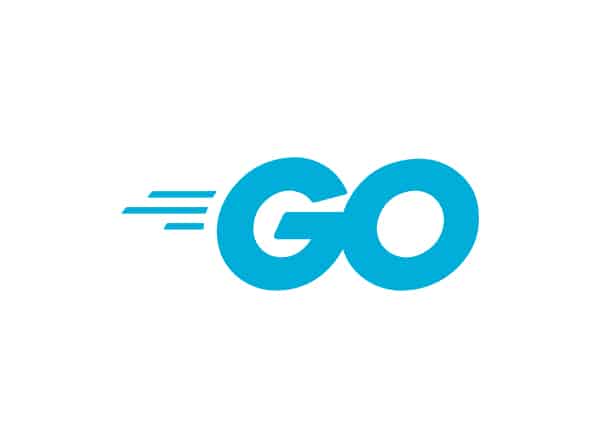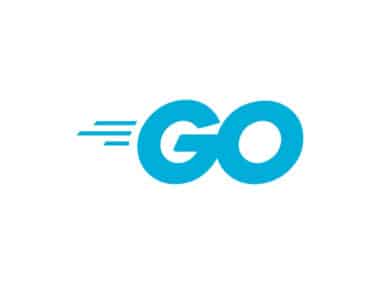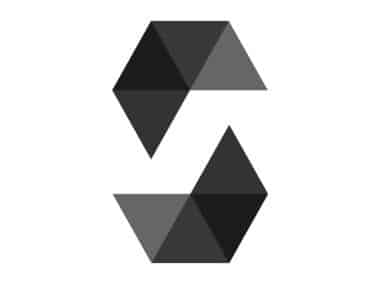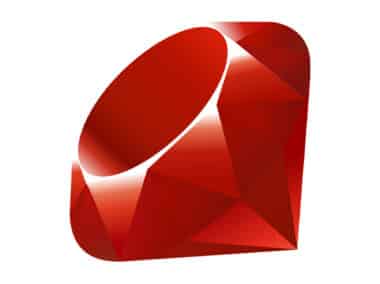In GO programming language, pointers are variables that store the memory addresses of other variables. By using pointers, you can directly manipulate the memory that a variable uses.
Declaring Pointers
When dealing with programming languages like GO, it is essential to understand how pointers work. Pointers are variables that point to the memory addresses of other variables. Declaring pointers is easy in GO. You use the * symbol before the variable name to create a pointer. Here’s an example:
var ptr *int
This declares a pointer variable named ptr that points to a variable of type int. However, at this point, ptr is not initialized, and it doesn’t point to any memory location yet.
Initializing Pointers
To initialize a pointer, you can use the & operator followed by the variable name. For example:
var num int = 42
var ptr *int = &num
This initializes ptr to point to the memory location of the num variable.
Using Pointers
To access the value of the variable that a pointer points to, you use the * operator. Here’s an example:
var num int = 42
var ptr *int = &num
fmt.Println(*ptr) // Output: 42
This prints the value of num by dereferencing the pointer ptr.
You can also modify the value of the variable that a pointer points to by dereferencing the pointer and assigning a new value. Here’s an example:
var num int = 42
var ptr *int = &num
*ptr = 24
fmt.Println(num) // Output: 24
This modifies the value of num by dereferencing ptr and assigning a new value.
Conclusion
In conclusion, pointers are a powerful feature in GO programming language that allows you to manipulate memory directly. By understanding how to declare, initialize, and use pointers, you can write more efficient and flexible code. With pointers, you can pass values between functions without copying the entire value, and you can modify values in place. This makes writing programs more efficient and easier to manage.




